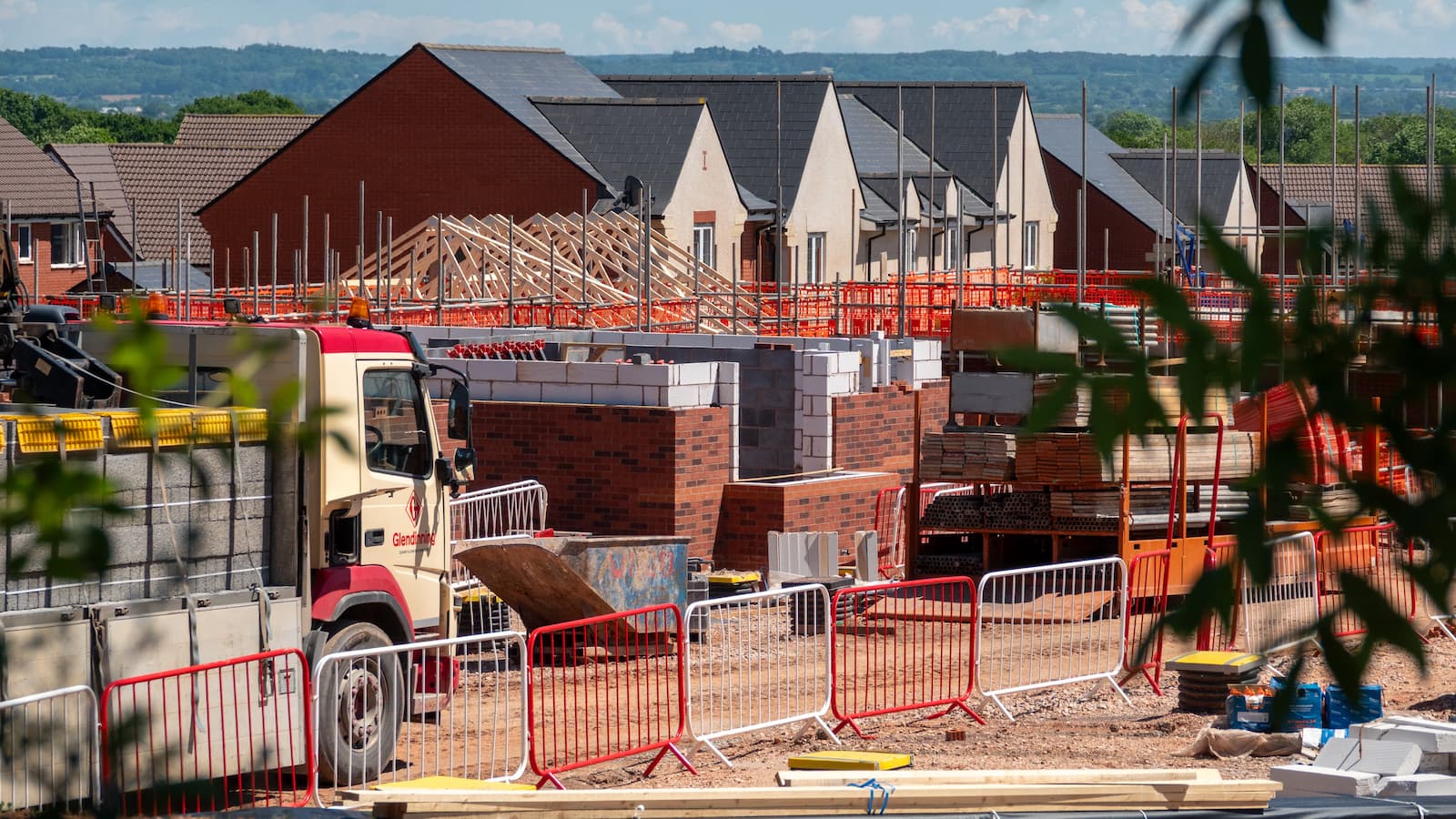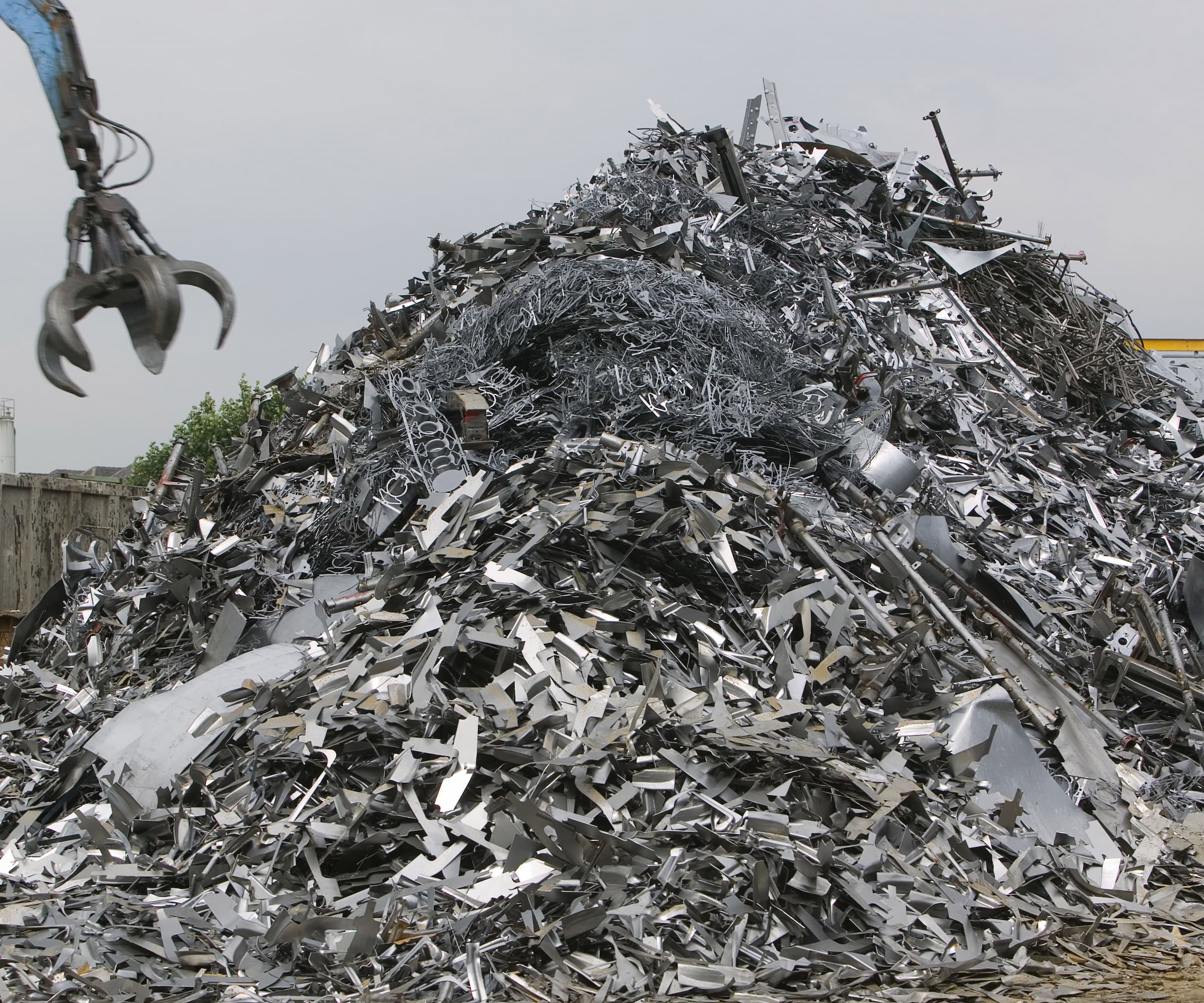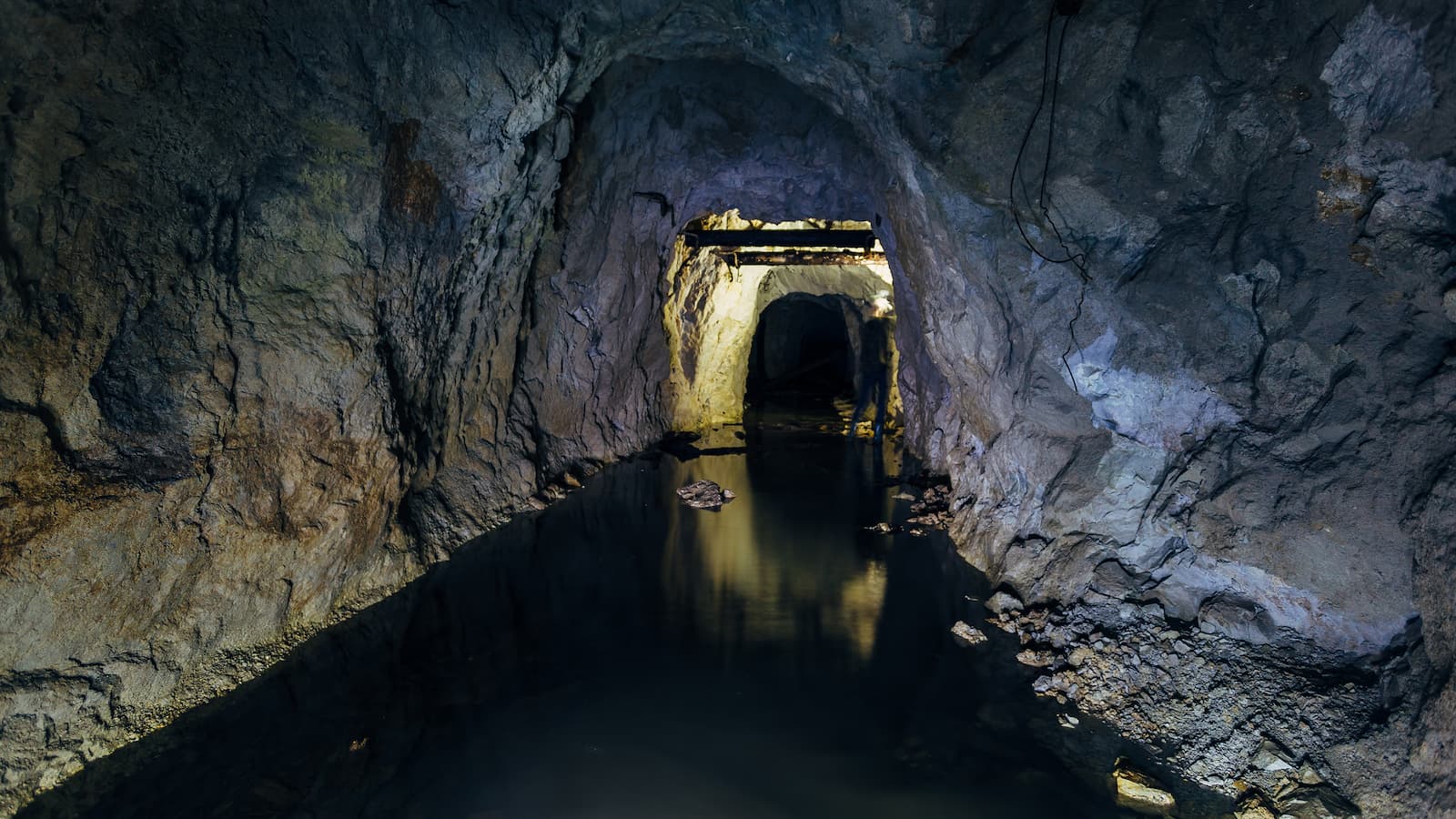New tax could add £24,000 to the cost of a new home
A proposed landfill tax reform could add over £24,000 to the cost of every new build home, sparking warnings from the construction industry

The UK government is considering significant changes to landfill tax that could substantially increase costs for the construction sector.
While officials argue the reforms will support environmental goals, industry leaders warn of potential negative impacts on housing affordability.
Construction waste experts, Business Waste, estimate the proposed changes could add tens of thousands of pounds to the cost of building a house.
What is changing with Landfill Tax?

Landfill tax is currently charged at two rates: a standard rate of £126.15 per tonne and a lower rate of £4.05 per tonne for inert materials like soil, concrete and bricks.
The lower rate was introduced because these materials do not break down in ways that cause pollution.
From April 2025, the government has proposed phasing out the two-tier system in favour of a single flat rate. Officials argue that this change will "simplify the system, reduce fraud, and better support environmental targets."
Specifically, the consultation states that a single rate would "strengthen environmental outcomes by creating a broader and more consistent economic incentive to divert all materials from landfill" and "reduce the scope for misdescription of waste".
Bring your dream home to life with expert advice, how to guides and design inspiration. Sign up for our newsletter and get two free tickets to a Homebuilding & Renovating Show near you.
Why the construction industry is concerned
Construction produces large volumes of heavy inert waste, meaning the sector could be disproportionately affected.
At present, building a home generates average waste costs of just £690 under the lower rate. According to construction waste specialists, Business Waste, under the proposed single rate, this figure could surge to £24,820 – an increase of £24,100 per home.
Given the government’s target of 300,000 new homes a year, this tax reform could add more than £7.4 billion in landfill tax costs by 2030.
Industry leaders warn these costs will either make projects unviable or be passed directly to buyers, inflating already stretched house prices.
Possible solutions and the road ahead
The government’s landfill tax reform is still at the consultation stage, but construction leaders are urging caution.
They suggest the sector can mitigate costs by reducing waste at the source, reusing materials on-site, and improving recycling practices.
Graham Matthews of BusinessWaste.co.uk says: “Any change that looks to divert waste away from landfill should be positive, but it’s hard to ignore the knock-on effect for the construction industry and the costs this may incur. With a housing shortage and diminishing landfill capacity, the challenge is complex.”
For now, all eyes are on the government’s final decision. If the reform proceeds, the way the construction sector manages waste could become as critical as bricks and mortar in determining the affordability of future homes.

News Editor Joseph has previously written for Today’s Media and Chambers & Partners, focusing on news for conveyancers and industry professionals. Joseph has just started his own self build project, building his own home on his family’s farm with planning permission for a timber frame, three-bedroom house in a one-acre field. The foundation work has already begun and he hopes to have the home built in the next year. Prior to this he renovated his family's home as well as doing several DIY projects, including installing a shower, building sheds, and livestock fences and shelters for the farm’s animals. Outside of homebuilding, Joseph loves rugby and has written for Rugby World, the world’s largest rugby magazine.
